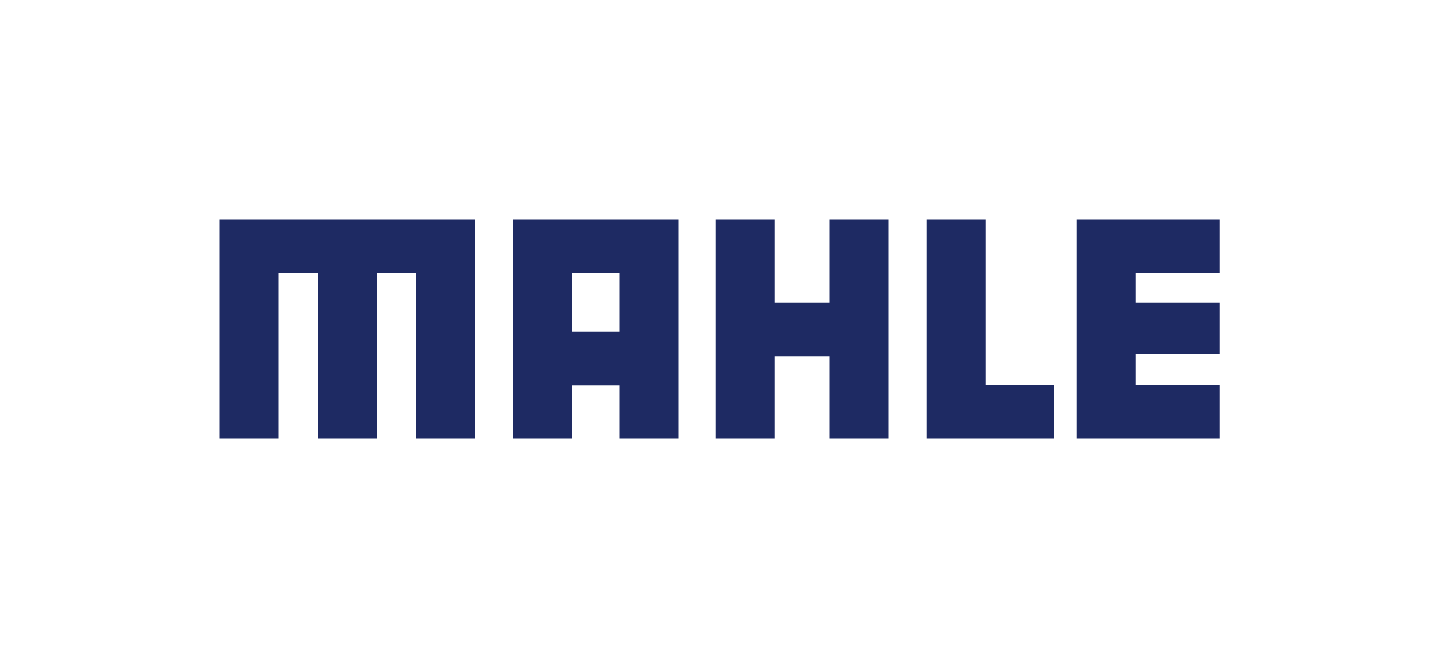
Startup Collaboration with MAHLE – Boost digital customer services & internal process efficiency
Collaborate with MAHLE to boost digital customer services & internal process efficiency! Submit your solution in one of three key areas — After Sales, Purchasing and Process Automation — and build a long-term partnership with a global technology leader in the automotive supplier industry.
Who can take part? Start-ups, Scale-ups and Tech-companies, not older than 10 years
#VentureClient #AfterSales #AfterMarketService #DigitalMobility #Purchasing #Process Automation #WorkflowEfficiency
✅ Challenge completed 🏆 Rewards Pilot Project + Business Partnership+ Coaching❓Questions Join our Q&A Calls
📌 Q&A with MAHLE Venture Client Incubator Hesse Find out more about the Venture Client Incubator Hesse
What is MAHLE looking for?
MAHLE is looking for innovative partners to help automate and simplify the processing of low-value, indirect procurement transactions (typically under 500 EUR). These are often one-time purchases of tools, consumables, or spare parts — non-catalog items that currently require significant manual effort across MAHLE’s European plants.
Although the company already uses tools like SAP Ariba, Amazon Business, P-Cards, and e-catalogs, these approaches are fragmented, compliance-sensitive, or limited in scope. None offer a holistic, scalable solution that addresses the long tail of indirect purchasing.
The goal of this project is to increase the share of “No-Touch Orders” — from requisition to order — using intelligent automation, AI, or smart workflows. MAHLE seeks mature, integration-ready solutions that are cloud-based, scalable, and secure.
Core Question
How can we fully automate the processing of low-value, indirect procurement orders across multiple sites and categories — turning manual, repetitive transactions into scalable “No-Touch Orders” while maintaining compliance and SAP integration?
Goals & Criteria
The solution should be able to:
- Automate the end-to-end process of small-value indirect orders (PR to PO)
- Seamlessly integrate into MAHLE’s SAP ecosystem (S/4HANA + legacy)
- Be cloud-based, modular, and compliant with TISAX / InfoSec standards
- Support multi-language environments (English mandatory)
- Be scalable across plants, categories, and countries
- Offer cost-effectiveness and visible process savings
- Improve budget transparency and reduce manual workload for procurement
What should your application communicate?
- A clear description of your solution’s core functions and automation logic
- How it integrates technically (API support, SAP compatibility, cloud readiness)
- Where it’s already in use, including customer references or case studies
- Your vision for a first pilot with MAHLE: timeline, scope, and measurable outcomes
- Your pricing model or indicative costs (especially as compared to savings)
- Your readiness for secure data access, PoC collaboration, and NDA signing
- How your solution can scale across diverse indirect procurement needs
Who are we looking for?
We are looking for innovative partners who:
- Offer automation-first solutions that can be adapted to MAHLE’s procurement environment
- Are open to co-developing and evolving their solution in close collaboration with MAHLE
- Can demonstrate integration capabilities with enterprise B2B platforms, especially SAP (S/4HANA and legacy systems)
- Provide realistic, transparent expectations for piloting, implementation effort, and scaling potential
- Have a multi-client-ready offering (no exclusivity required) with a clear roadmap for long-term improvement
- Are able to participate in a structured, milestone-based pilot phase with the aim of establishing a venture client partnership
Knowledge Base
Standard Purchasing Process at MAHLE
MAHLE’s standard purchasing process follows a structured SAP workflow from requisition and multi-level approval to supplier selection, order confirmation, goods receipt, and payment — offering a clear baseline to identify where intelligent automation can reduce manual effort and streamline low-value indirect procurement.
- Purchase Requisition (PR) Creation
An employee or department initiates the process by creating a Purchase Requisition (PR) in SAP. The PR includes key details such as:
- Item description
- Estimated price
- Quantity
- Required delivery date or purpose
This step is typically performed for indirect materials or services not already covered by catalog frameworks.
- Approval Workflow (Four-Eyes Principle)
Once the PR is submitted, it undergoes an approval workflow based on value thresholds:
- For low-value purchases, automatic approval or fast-track routing may apply.
- For purchases exceeding predefined value limits (e.g., >500 EUR), a Four-Eyes Principle is applied: The requisition must be approved by both a controller (typically responsible for budget control) and the requester's line manager or department head.
This ensures compliance, cost control, and alignment with budget responsibilities.
- Procurement Review & Supplier Selection
- After approval, the requisition is forwarded to a buyer in the procurement department, who:
- Reviews the request for completeness and compliance,
- Identifies an appropriate supplier (from existing pool or externally),
- Issues a request for quotation (RFQ) if needed,
- Negotiates pricing, terms, and delivery conditions.
- Purchase Order (PO) Creation & Supplier Confirmation
Following supplier selection and agreement, the buyer:
- Converts the PR into a formal Purchase Order (PO) within SAP,
- Sends the PO to the selected supplier,
- Receives an order confirmation from the supplier, verifying: Pricing, Delivery terms, Quantity and timelines.
- Goods Receipt Posting
Upon delivery of the goods or services:
- The receiving department or warehouse posts a Goods Receipt (GR) in SAP,
- This confirms that the delivery matches the PO in terms of item, quantity, and quality
- Invoice Processing & Payment
The supplier submits an invoice. SAP matches the invoice against:
- The original PO,
- The Goods Receipt entry.
If all values match within predefined tolerances, automatic payment is triggered through SAP. Any discrepancies are flagged for manual review and resolution.
© 2018- 2026 ekipa GmbH. All rights reserved.